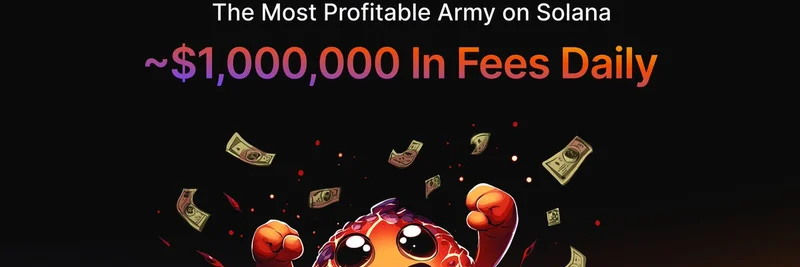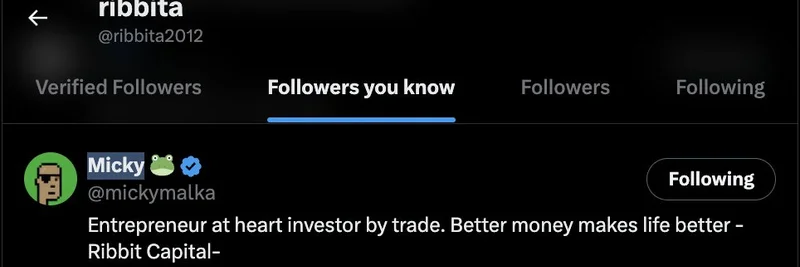Ever feel like your crypto holdings are a bit too... exposed? In a world where every transaction can feel like shouting your financial secrets from the rooftops, privacy coins like Zcash (ZEC) offer a sleek escape hatch. But here's the kicker: just
- The main post recommends withdrawing ZEC to the Zashi app and shielding it for better privacy, noting how this boosts the chain's overall privacy properties.
holding ZEC isn't enough. You need to shield it. And that's exactly what Helius Labs CEO Mert Mumtaz is preaching in his latest X thread—straight talk on turning your ZEC into a privacy powerhouse.
If you've scooped up some ZEC lately (smart move, by the way—it's been on a tear amid rising privacy demands), Mert's advice is crystal clear: pull it off the exchange, slide it into the Zashi app—a nifty mobile wallet built for Zcash—and hit that shield button. Why? Let's break it down, no PhD in cryptography required.
What Does 'Shielding' Even Mean?
Picture this: Zcash transactions come in two flavors—transparent (like Bitcoin, where everything's out in the open) and shielded (where zk-SNARKs—fancy zero-knowledge proofs—hide the sender, receiver, and amount). Shielding is the act of wrapping your ZEC in that shielded layer. Suddenly, your funds are invisible to prying eyes, whether it's nosy hackers, regulators, or just the blockchain's nosy ledger.
Mert puts it simply:
"shielding means i) you are now private, ii) you increase the amount of private SoV in the world, which increases the privacy properties of the chain"
Store of Value (SoV) here? That's crypto lingo for assets you hold long-term, like digital gold. More shielded ZEC floating around means the whole network gets stealthier—think of it as adding more ink to the shadows everyone hides in. Your one action ripples out, beefing up the chain's overall privacy mojo.
The Virtuous Cycle: Flows to Fundamentals and Back
Mert doesn't stop at the basics. He drops this gem: "flows -> fundamentals -> flows -> fundamentals and on." Translation? User activity (flows) like shielding drives real improvements (fundamentals), which in turn pulls in more users. It's a self-reinforcing loop that could propel ZEC from niche privacy play to mainstream must-have.
But hey, Mert's realistic in his follow-up: Shielding isn't a magic invisibility cloak. You still gotta play smart with operational security (opsec). Tips he shares?
- Deposit or withdraw consistent amounts to avoid patterns.
- Make sure your outputs don't mirror inputs—mix it up.
- Let time do the heavy lifting; delays can obscure trails.
The pro move? "Shield and forget." Park it, ignore the noise, and let privacy compound like interest in a high-yield account.
Why Now? Privacy Isn't Optional—It's Essential
With governments cracking down on mixers like Tornado Cash and chains like Ethereum getting more traceable by the day, privacy coins are hotter than ever. Zcash, launched back in 2016, has always led the pack with its optional privacy—use it or not, your call. But as Mert points out, opting in benefits everyone. It's not just about hiding; it's about building a more robust, censorship-resistant financial layer.
If you're dipping toes into meme tokens or DeFi wilds on sites like Meme Insider, layering in some shielded ZEC could be your privacy safety net. Exchanges like Binance or Coinbase might hold your ZEC transparently right now—time to liberate it.
Quick Start: Shielding in 5 Minutes
- Download Zashi from your app store (iOS or Android).
- Withdraw ZEC from your exchange to Zashi's address.
- In the app, select your balance and choose "Shield." Boom—private mode activated.
Fees are minimal, and the peace of mind? Priceless. As ZEC's market cap flirts with new highs, this could be the edge that turns holders into HODLers.
Mert's thread here has sparked chats on everything from opsec hacks to wild price predictions. What's your take—ready to shield up? Drop your thoughts below, and let's keep the privacy convo rolling.




